By this time Iran had grown into Asia’s dominant force as they aimed on home soil to win a third consecutive Asian Cup. It was a busy summer in which within the space of a month Iran would take part in both the Asian Cup and Summer Olympics. Given the circumstances it would make sense to once again rotate the goalkeepers and give each of them one of the tournaments with Rashidi assuming the responsibility in the Asian Cup. Following O’Farrell’s departure, Iran would be led by Heshmat Mohajerani.
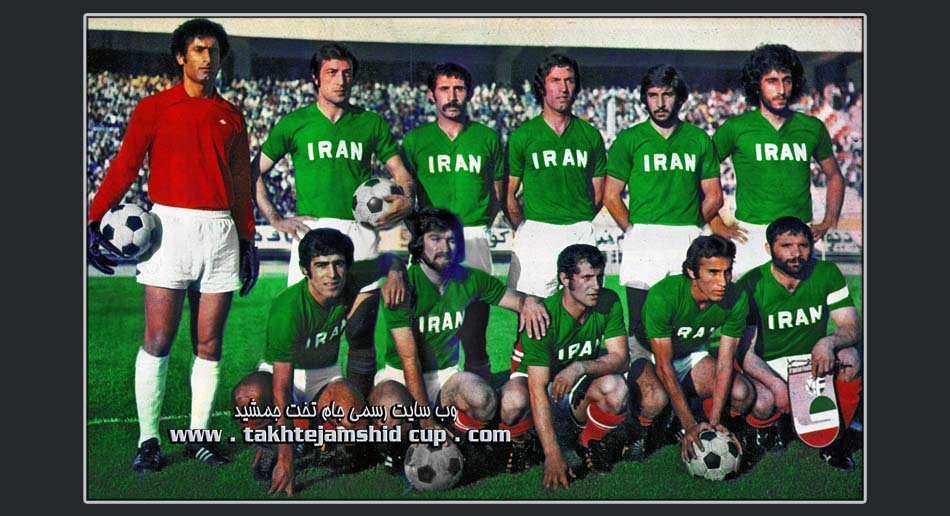
Initially the tournament was to consist of nine teams, however, Saudi Arabia, North Korea and Thailand later withdrew. One surprise absentee was South Korea that had been eliminated in the qualifiers at the expense of Malaysia and Thailand. The remaining six teams were grouped into two groups of three, with the top two teams advancing to the semifinals. The games would take place in Tabriz and Tehran. Iran was grouped with Iraq and South Yemen.
In Iran’s opening game, goals by Nouraei and Roshan paved the way for a 2-0 victory.
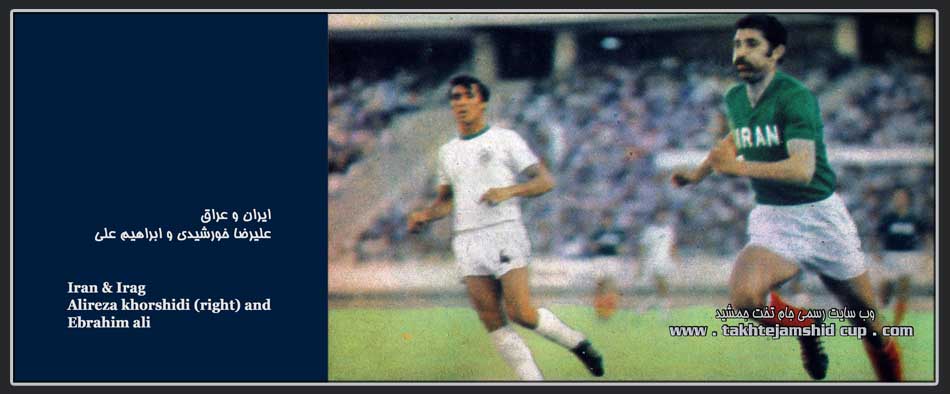
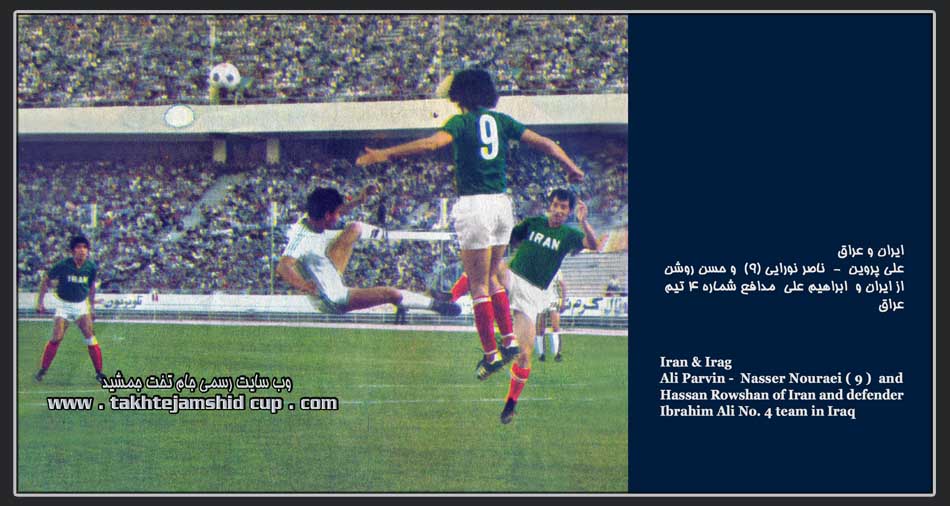
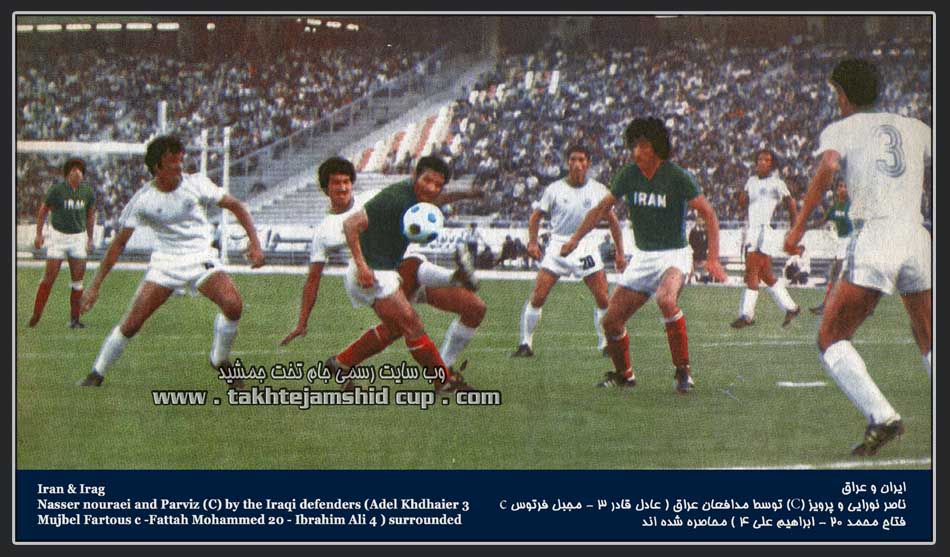
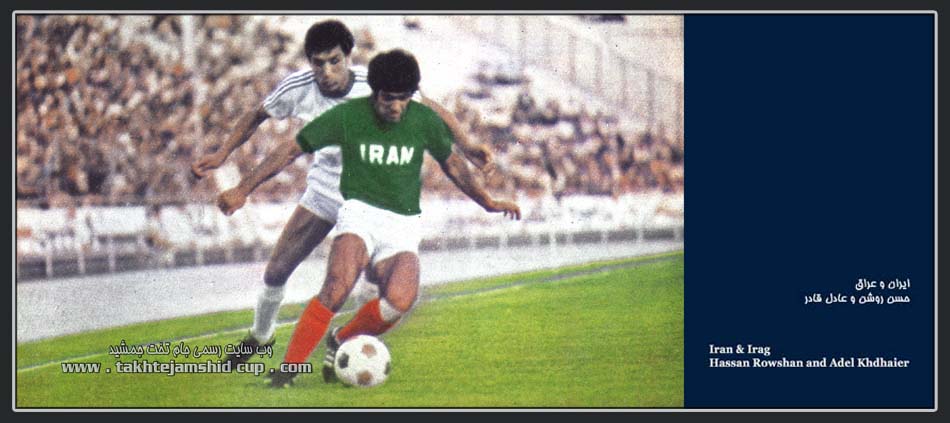
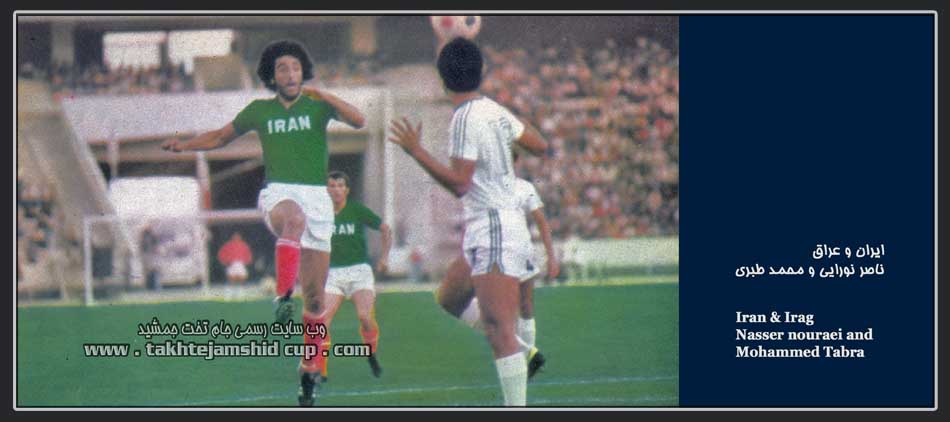
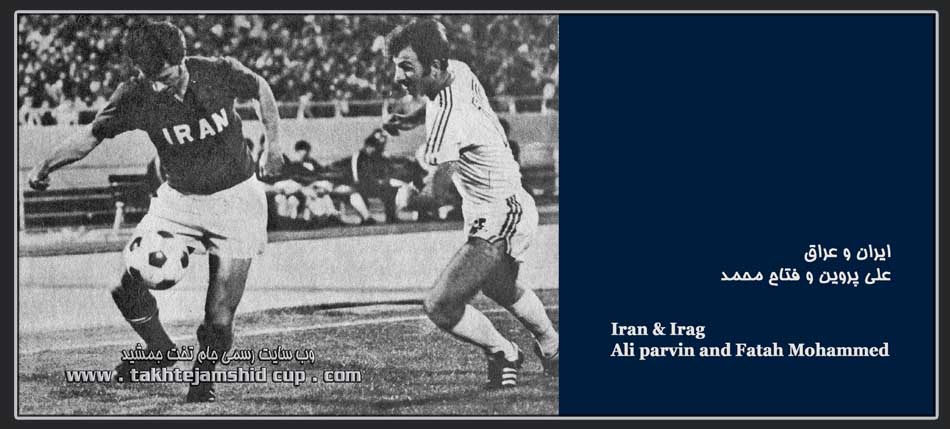
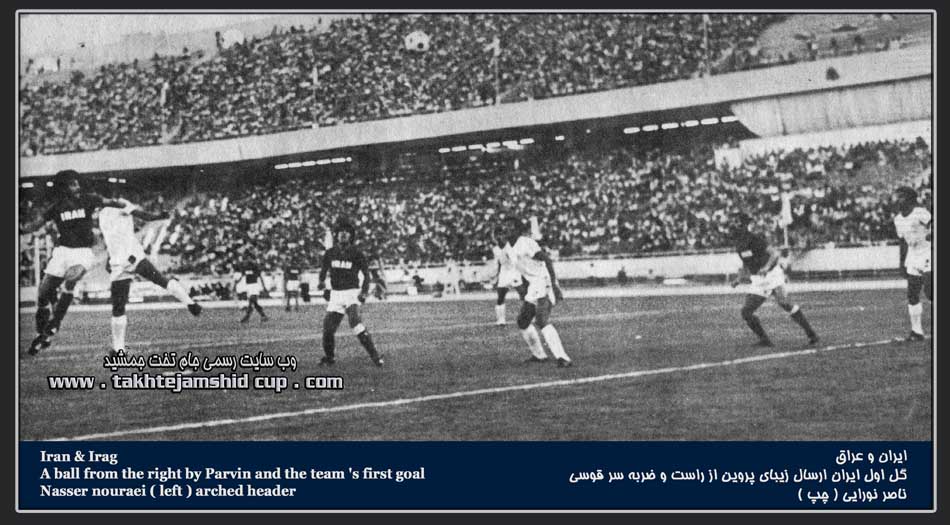
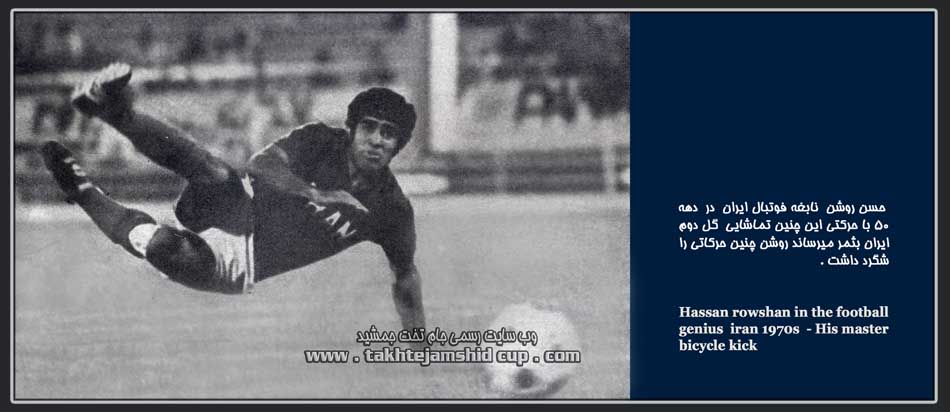
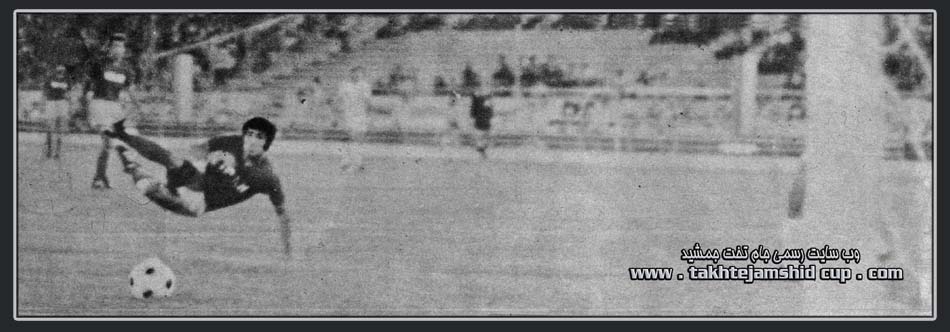
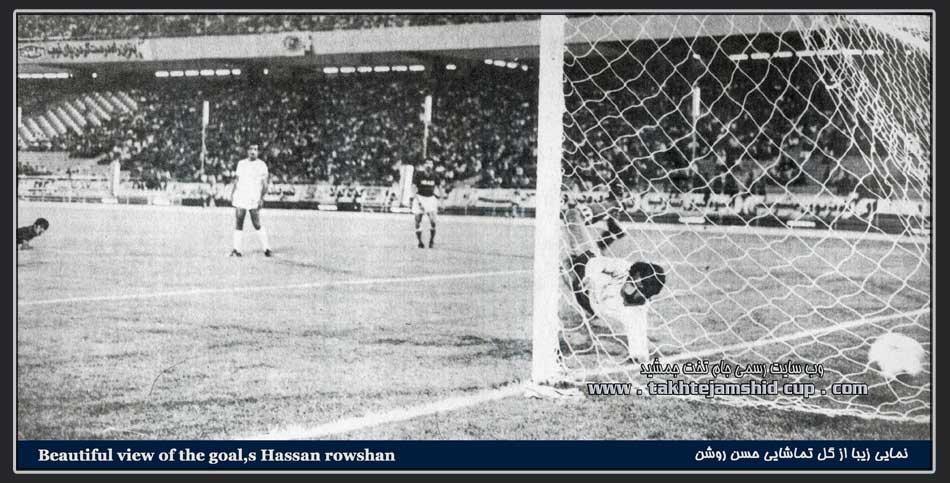
In the next group game Iran achieved one of their highest scoring results by demolishing South Yemen 8-0. Mazloomi, a second half sub, led the way with a hattrick, Azizi and Nouraei each scored a brace and Khorshidi rounded off the scoring.
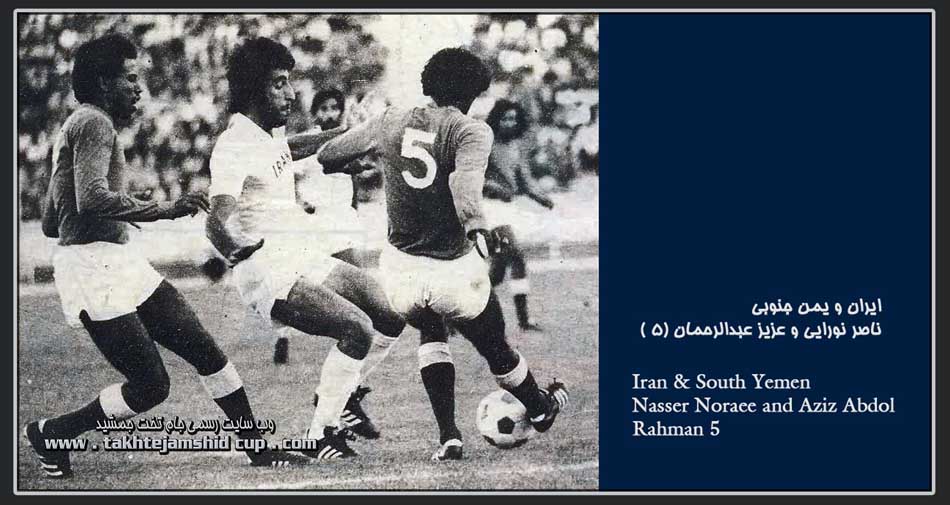
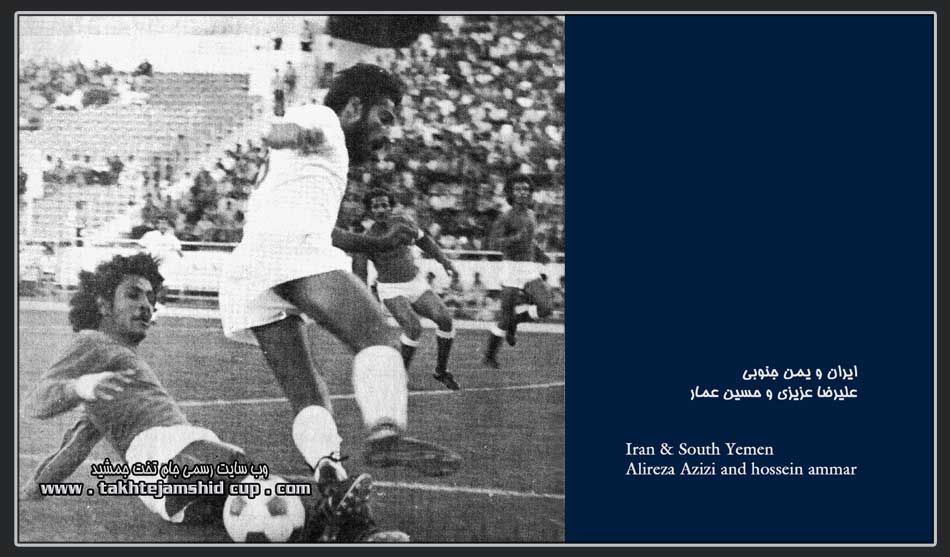
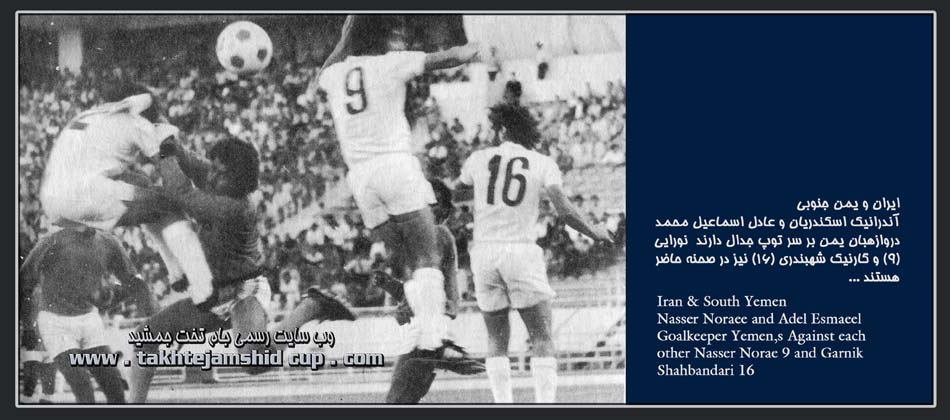
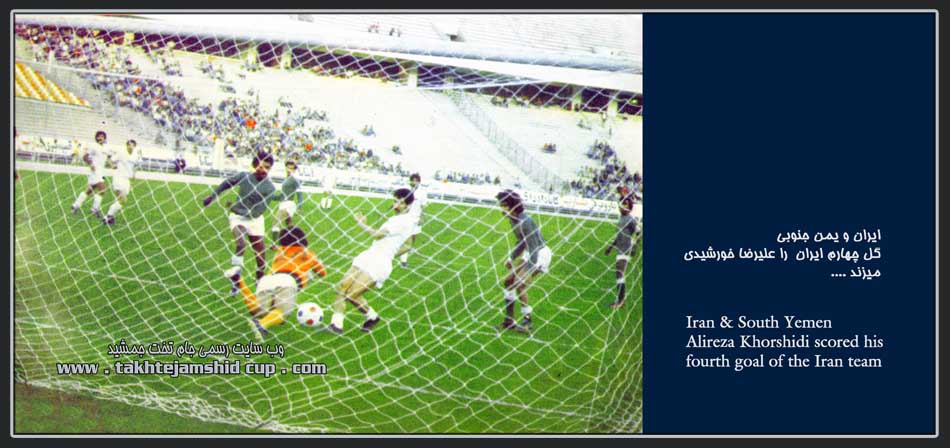
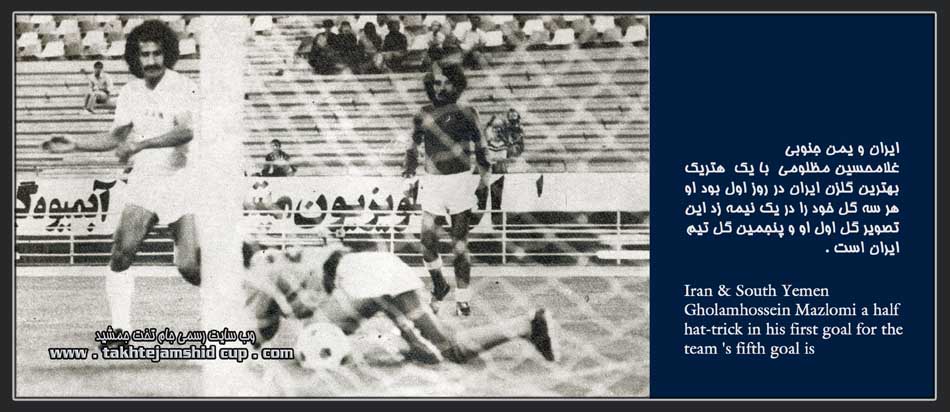
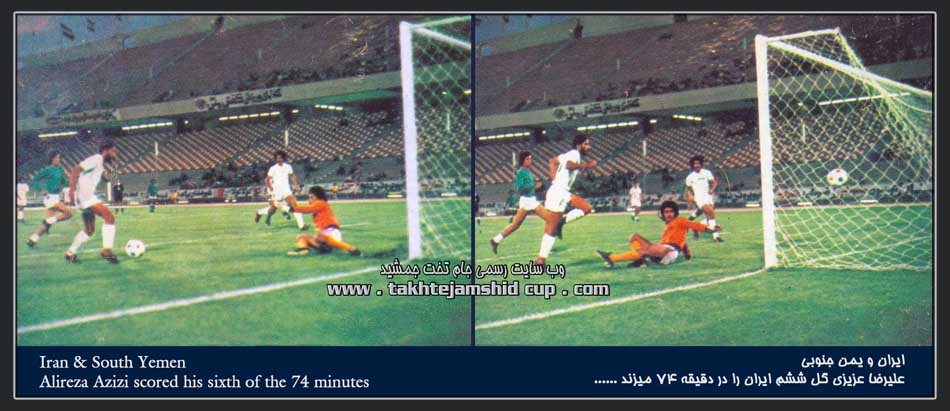
Following this win, Iran advanced to the semifinals to face China. Unlike the previous two games, Iran faced a determined side that not only put up resistance against Iran’s attacks, but also attacked Iran’s goal when possible. Regulation failed to yield any goals for either team. During extra time, Iran’s continuous offense combined with Chinese fatigue resulted in two goals by Khorshidi and Roshan, the latter with a spectacular side volley, for a 2-0 win and place in the Final against Kuwait.
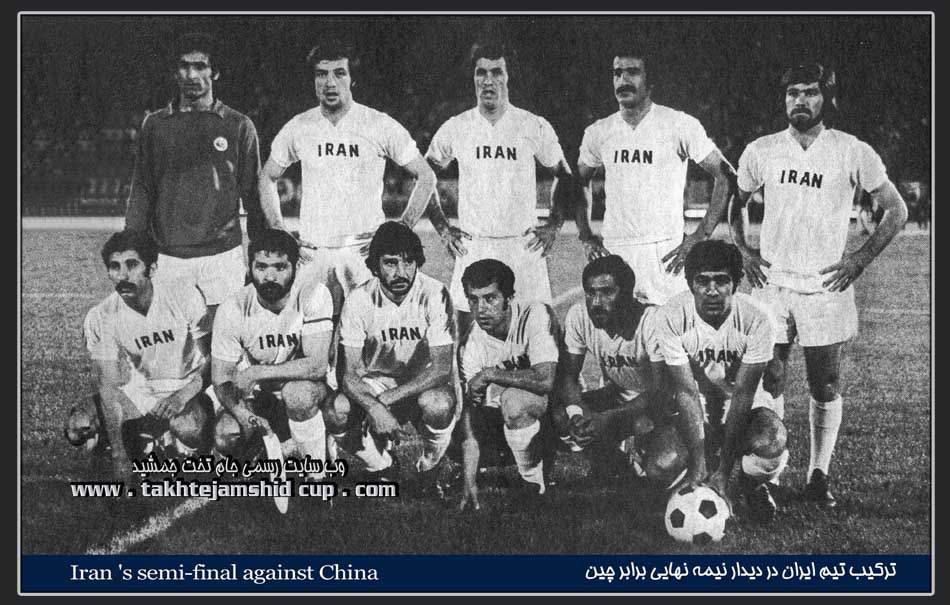
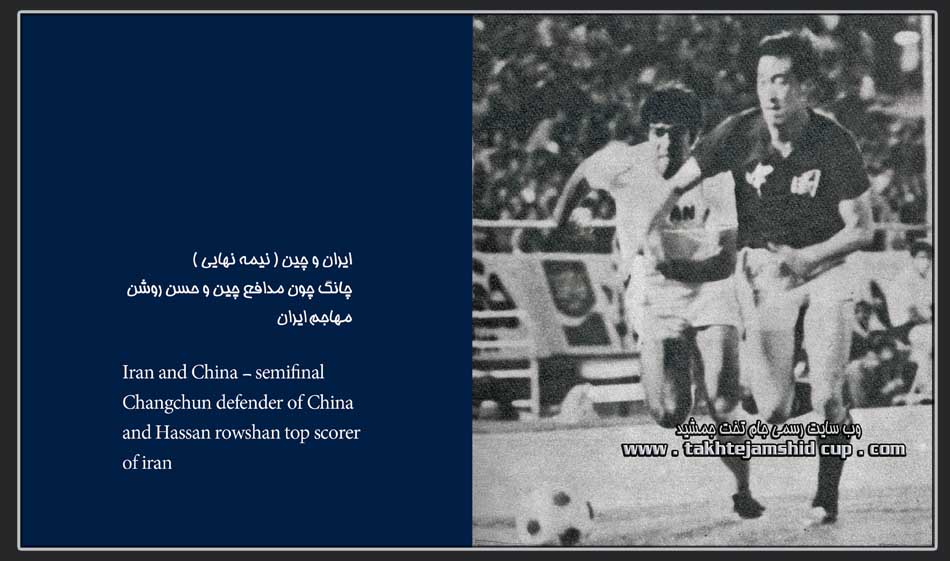
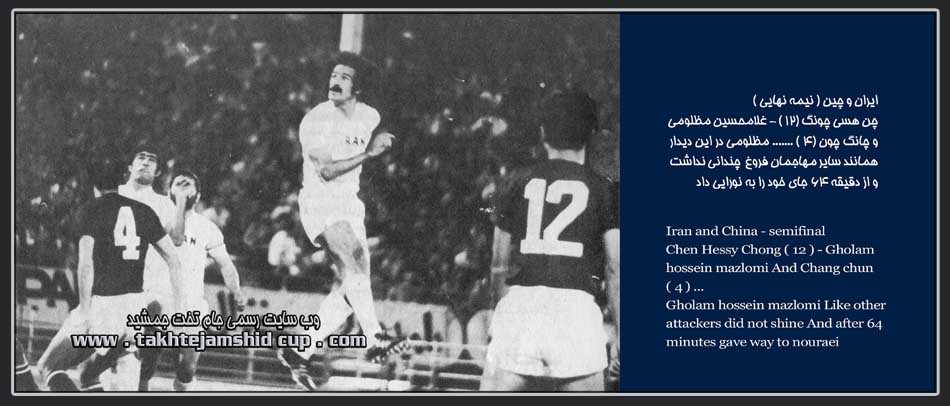
Kuwait had a strong and organized team and was led by the Brazilian Zagallo who a mere six years prior had steered Brazil to a third World Cup championship in Mexico. While Kuwait managed to keep up with Iran during the match and at times even put Iran under pressure, however, it was Parvin’s freekick in the 71st minute that finally broke the deadlock. Iran had two other near chances with Roshan going close on both occasions. On the first, Roshan met a cross from the Khorshidi on the penalty spot but mishit his shot wide in spite of Mazloomi’s effort to redirect it on target with a header. Late in the game, while receiving the ball near the midfield line, he passed a few Kuwaiti players en route to the edge of the box where his long range shot hit the side netting. With Kuwait increasing their pressure in search of an equalizer, Iran opted for a defensive game to kill the clock, a move criticized by many Iranian supporters. There would be no more goals and with the final whistle sounding, Iran threepeated as the Asian Cup champion. In spite of the championship and four clean sheets, many believed that this Iranian selection was not on par with its lineup in the two previous Asian Cups. One positive aspect though was the introduction of a number of youth players who meshed well with their experienced peers.
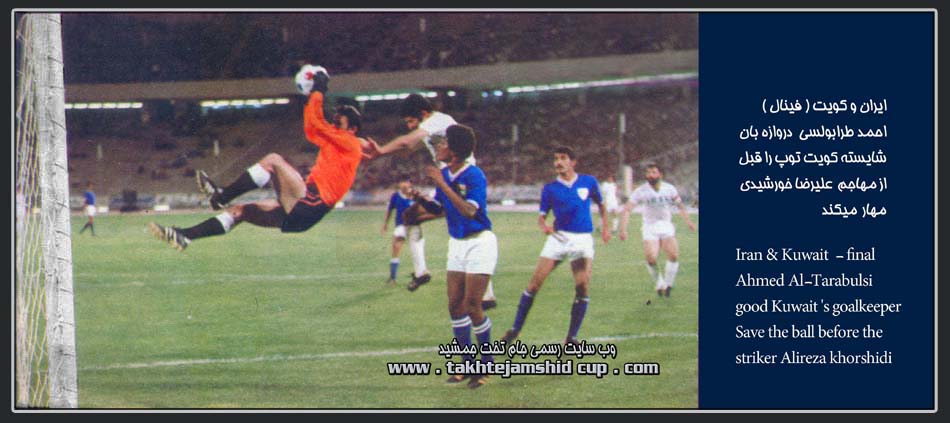
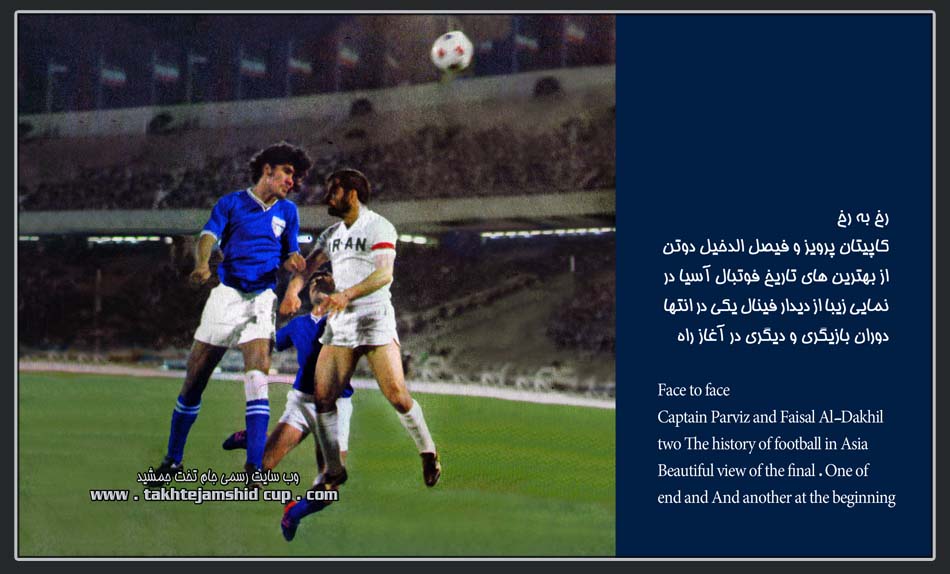
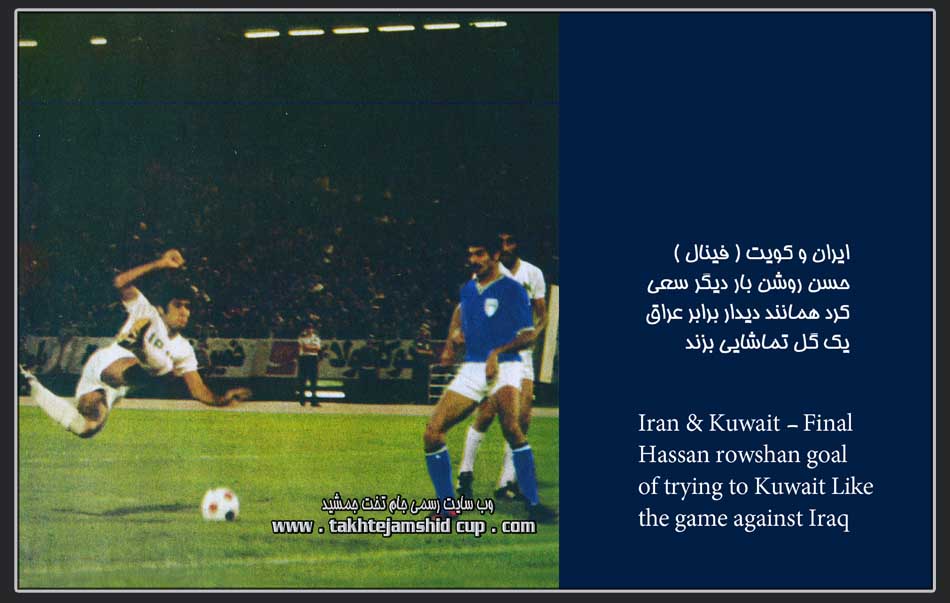
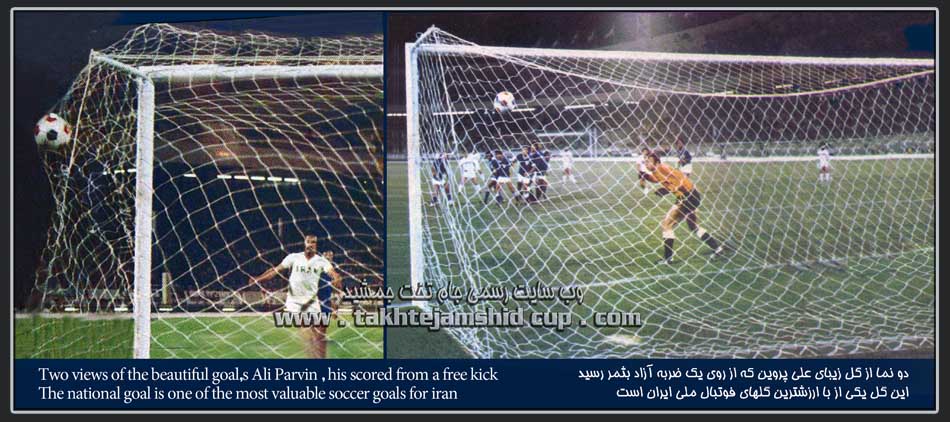
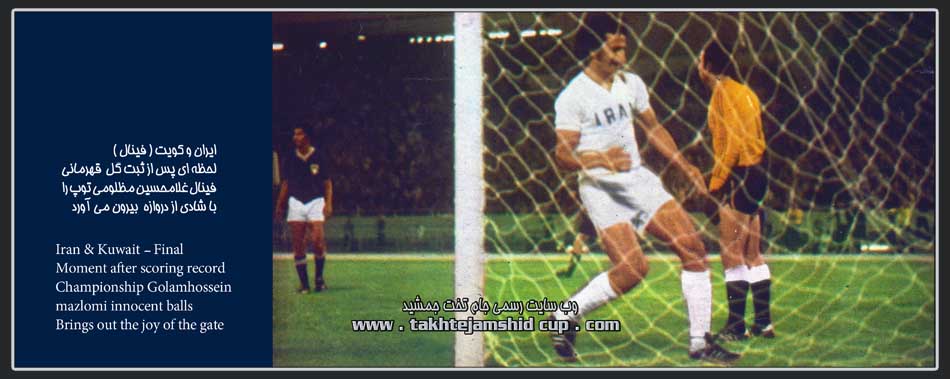
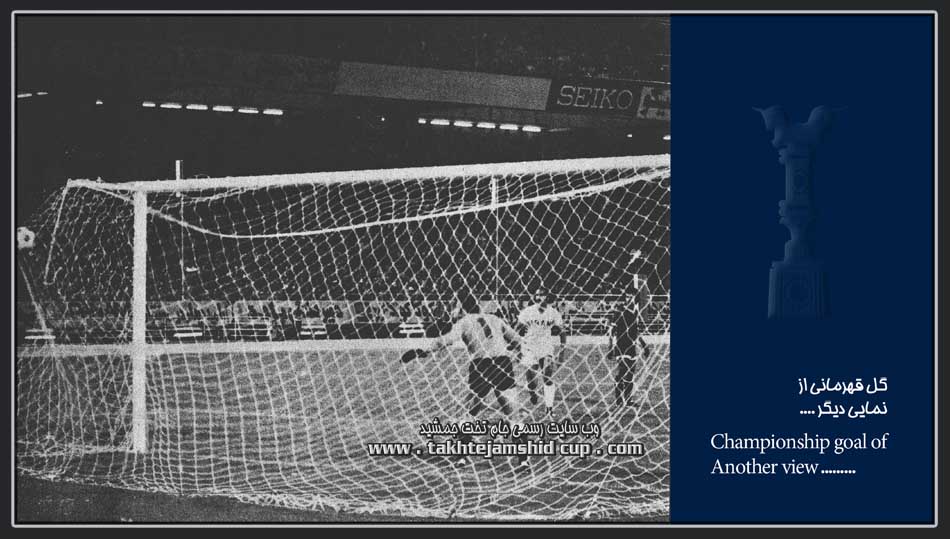
Iran roster: Rashidi, Asgarkhani, Nazari, Zolfagharnasab, Abdollahi, Eskandarian, Nayebagha, Mirfakhraei, Parvin, Ghelichkhani, Ghasempour, Sadeghi, Azizi, Shahbandari, Khorshidi, Nouraei, Mazloomi, Roshan. Coach: Mohajerani

Initially the tournament was to consist of nine teams, however, Saudi Arabia, North Korea and Thailand later withdrew. One surprise absentee was South Korea that had been eliminated in the qualifiers at the expense of Malaysia and Thailand. The remaining six teams were grouped into two groups of three, with the top two teams advancing to the semifinals. The games would take place in Tabriz and Tehran. Iran was grouped with Iraq and South Yemen.
In Iran’s opening game, goals by Nouraei and Roshan paved the way for a 2-0 victory.










In the next group game Iran achieved one of their highest scoring results by demolishing South Yemen 8-0. Mazloomi, a second half sub, led the way with a hattrick, Azizi and Nouraei each scored a brace and Khorshidi rounded off the scoring.






Following this win, Iran advanced to the semifinals to face China. Unlike the previous two games, Iran faced a determined side that not only put up resistance against Iran’s attacks, but also attacked Iran’s goal when possible. Regulation failed to yield any goals for either team. During extra time, Iran’s continuous offense combined with Chinese fatigue resulted in two goals by Khorshidi and Roshan, the latter with a spectacular side volley, for a 2-0 win and place in the Final against Kuwait.



Kuwait had a strong and organized team and was led by the Brazilian Zagallo who a mere six years prior had steered Brazil to a third World Cup championship in Mexico. While Kuwait managed to keep up with Iran during the match and at times even put Iran under pressure, however, it was Parvin’s freekick in the 71st minute that finally broke the deadlock. Iran had two other near chances with Roshan going close on both occasions. On the first, Roshan met a cross from the Khorshidi on the penalty spot but mishit his shot wide in spite of Mazloomi’s effort to redirect it on target with a header. Late in the game, while receiving the ball near the midfield line, he passed a few Kuwaiti players en route to the edge of the box where his long range shot hit the side netting. With Kuwait increasing their pressure in search of an equalizer, Iran opted for a defensive game to kill the clock, a move criticized by many Iranian supporters. There would be no more goals and with the final whistle sounding, Iran threepeated as the Asian Cup champion. In spite of the championship and four clean sheets, many believed that this Iranian selection was not on par with its lineup in the two previous Asian Cups. One positive aspect though was the introduction of a number of youth players who meshed well with their experienced peers.






Iran roster: Rashidi, Asgarkhani, Nazari, Zolfagharnasab, Abdollahi, Eskandarian, Nayebagha, Mirfakhraei, Parvin, Ghelichkhani, Ghasempour, Sadeghi, Azizi, Shahbandari, Khorshidi, Nouraei, Mazloomi, Roshan. Coach: Mohajerani








Comment